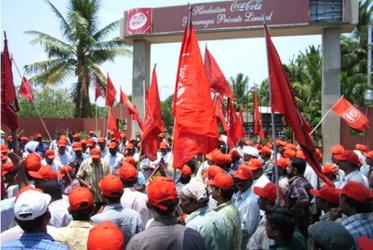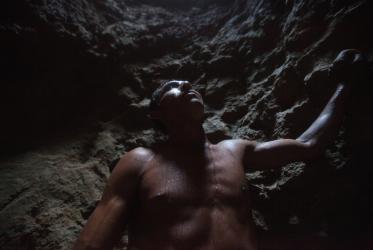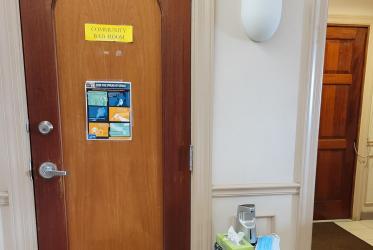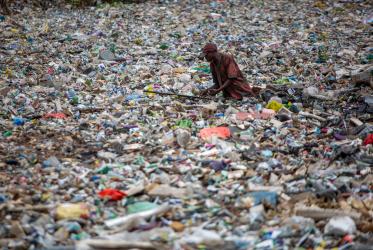Displaying 1 - 20 of 21
Thirsting for peace: Gaza's water woes in the midst of war
31 January 2024
Water as a divine gift, and justice issue
08 September 2022
Water and justice at the WCC 11th Assembly
20 July 2022
Groundwater is “a political question”
27 April 2022
Groundwater: a hidden treasure we need to protect, say EWN members
28 February 2022
“Bathroom ministry” for the homeless
14 December 2021
Protecting Ethiopia’s church forests
27 October 2021
Climate crisis fuels existing water injustice
27 October 2021
EWN members stand in solidarity with water and land defenders
21 September 2021
Defending the ‘blue soul of life’
08 April 2021



















